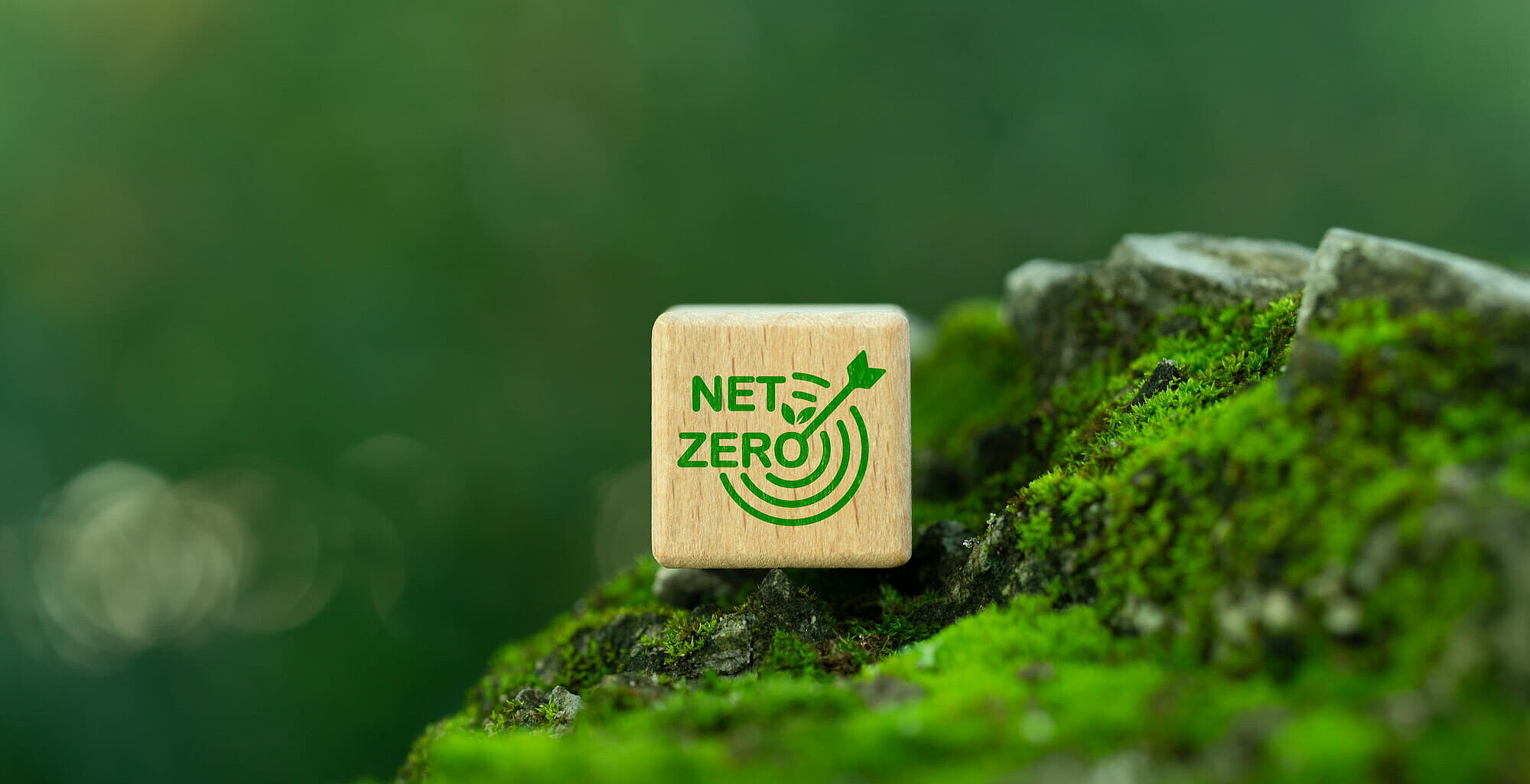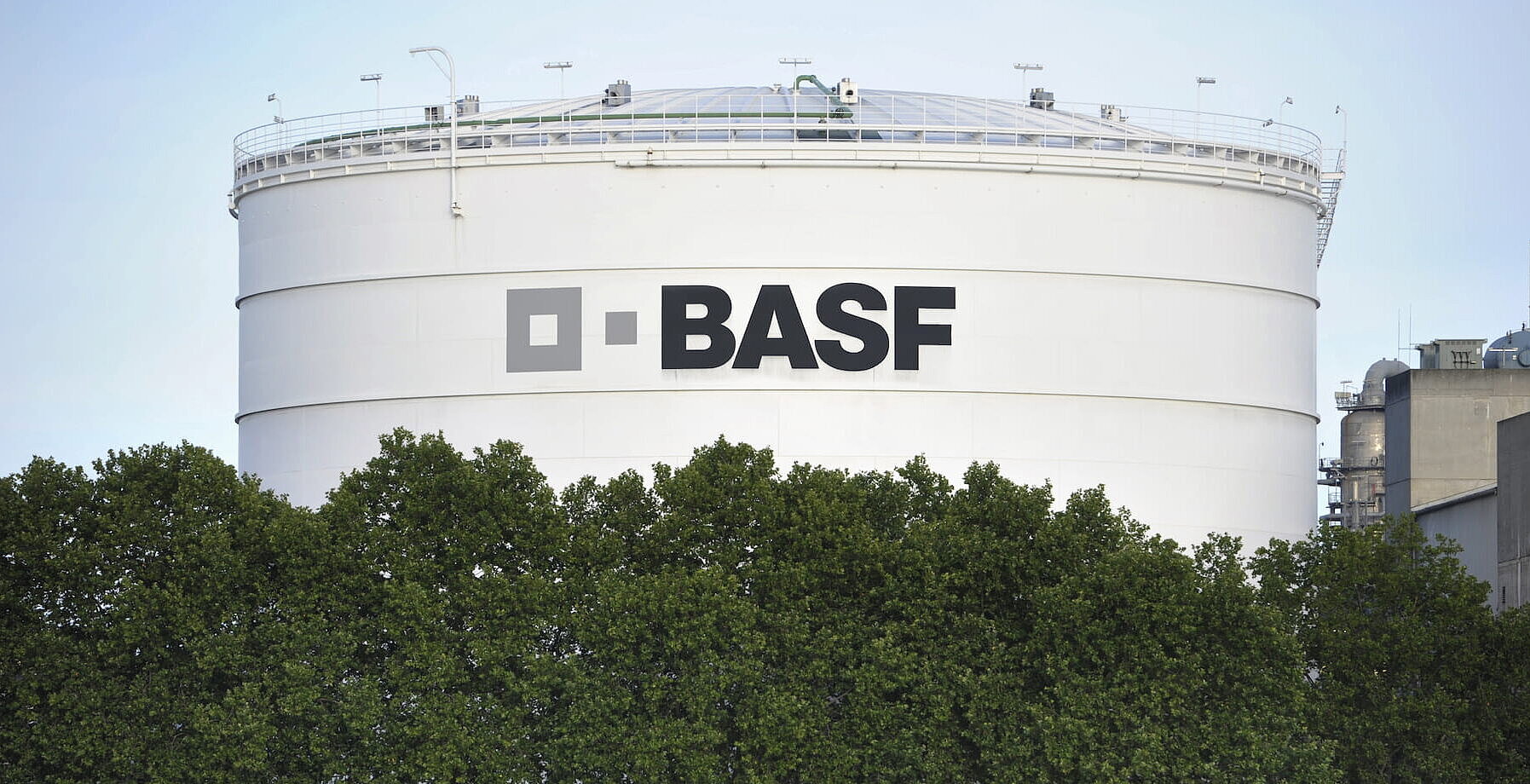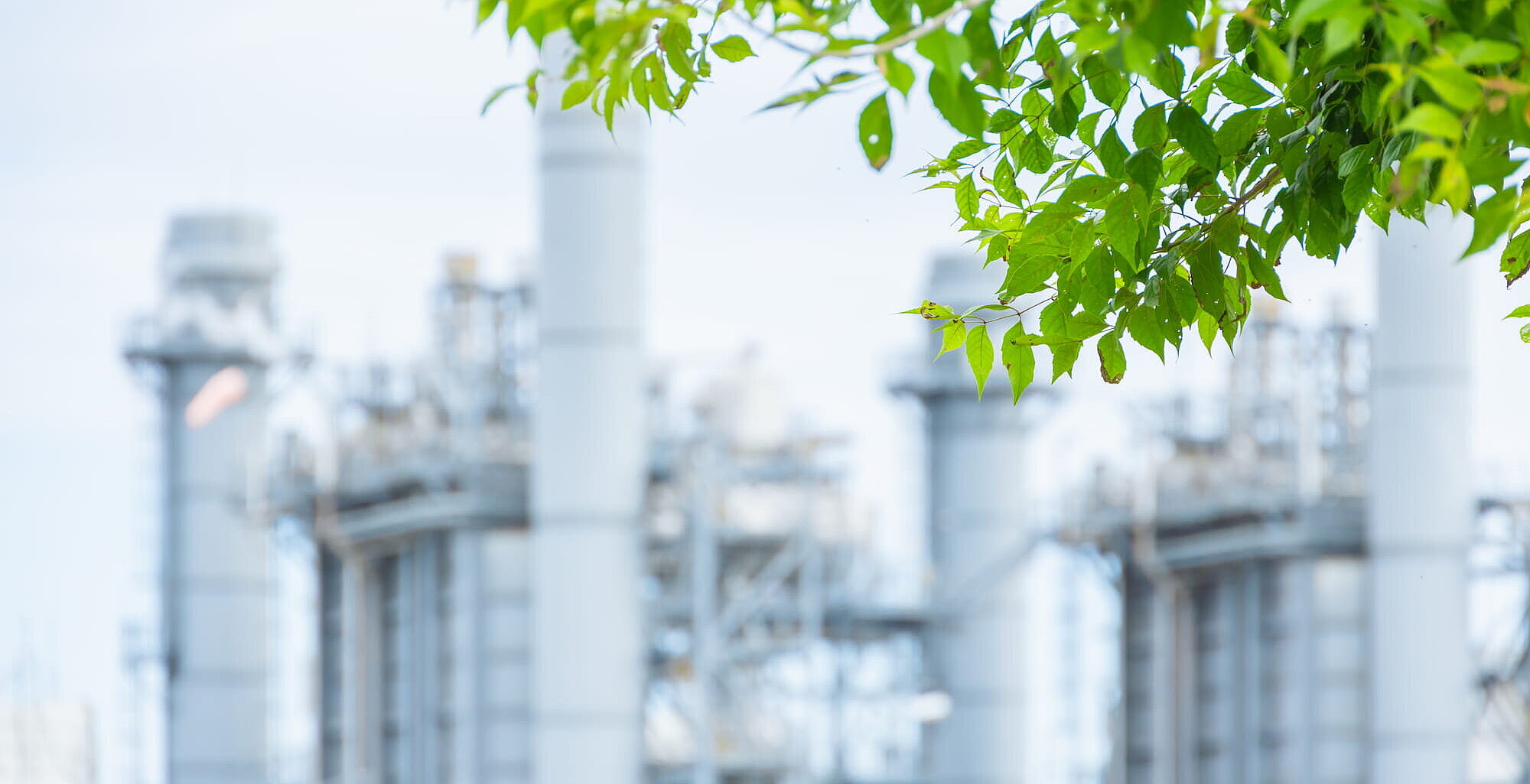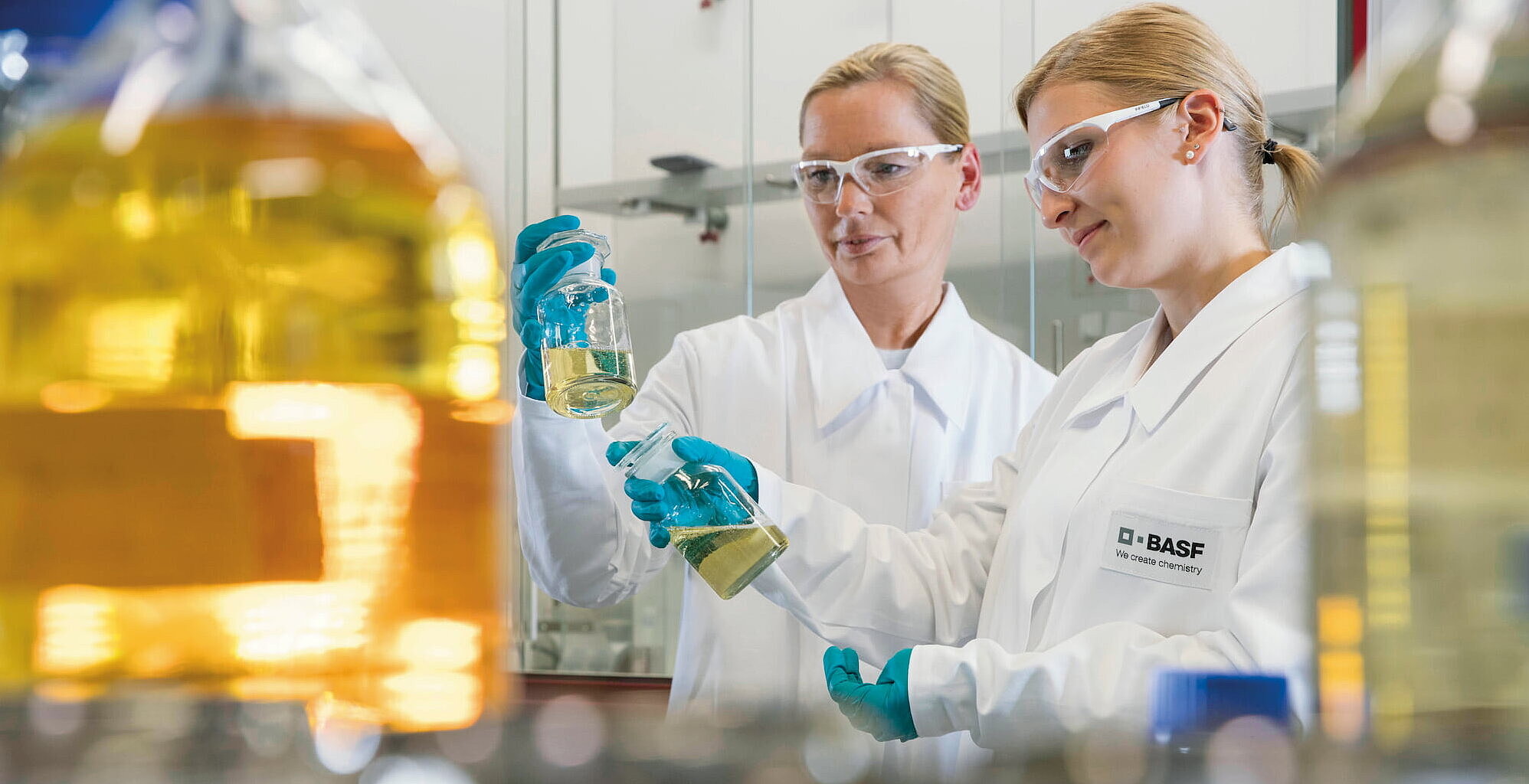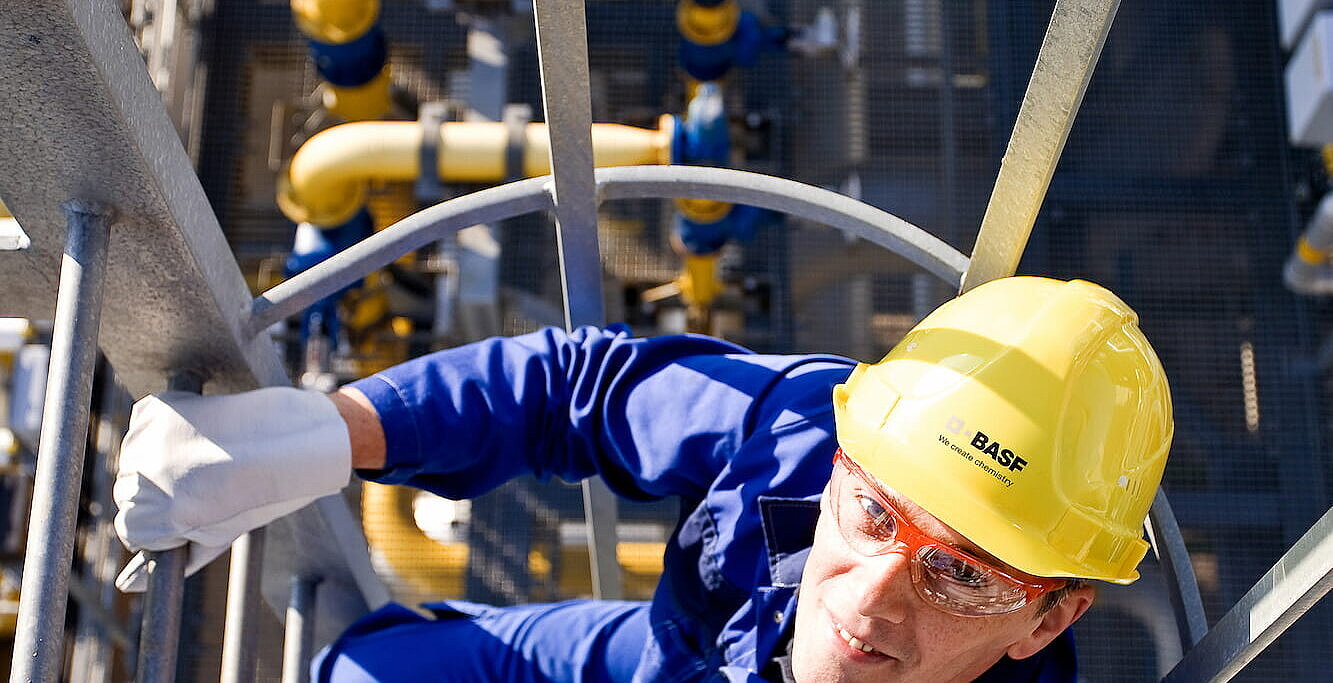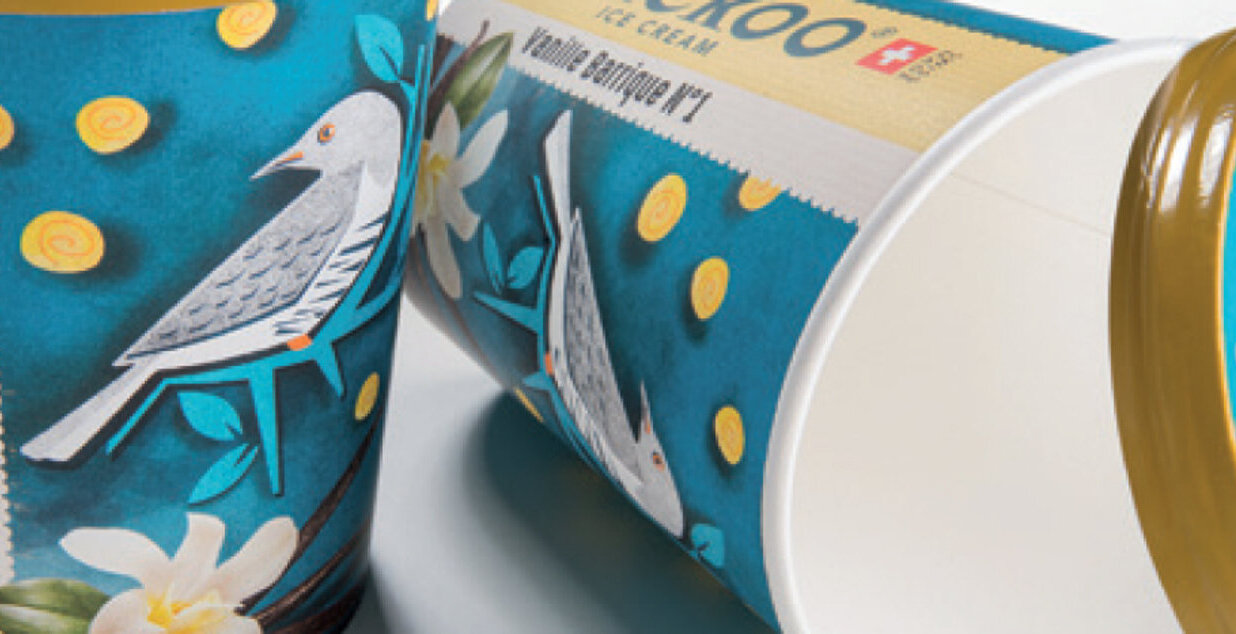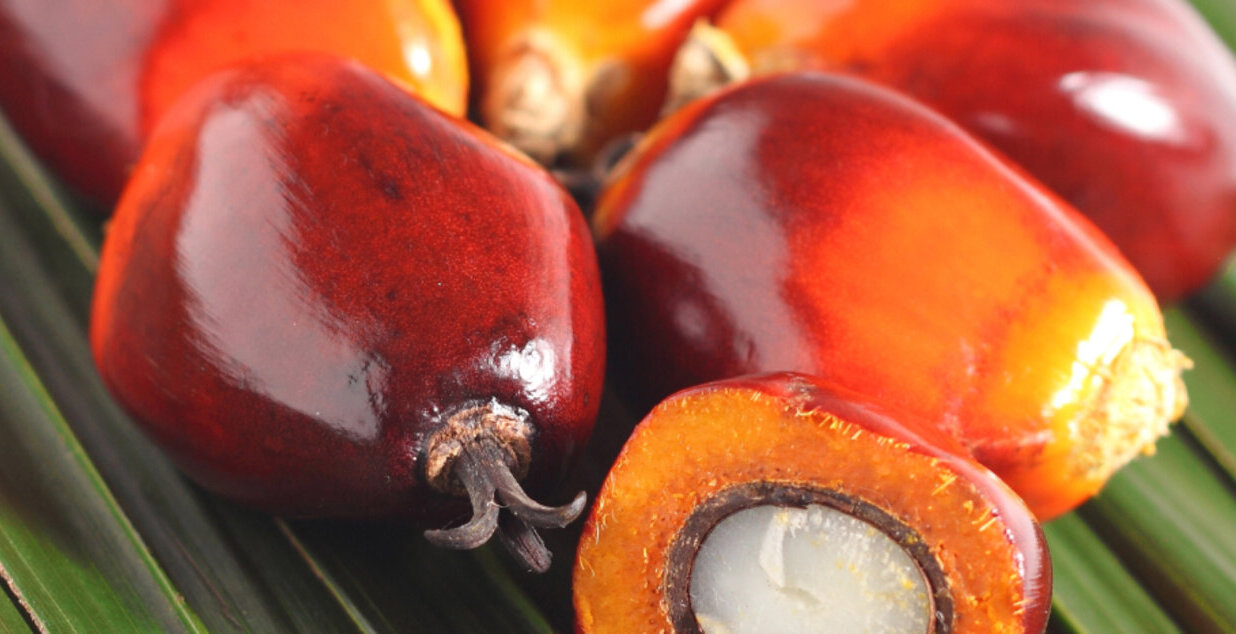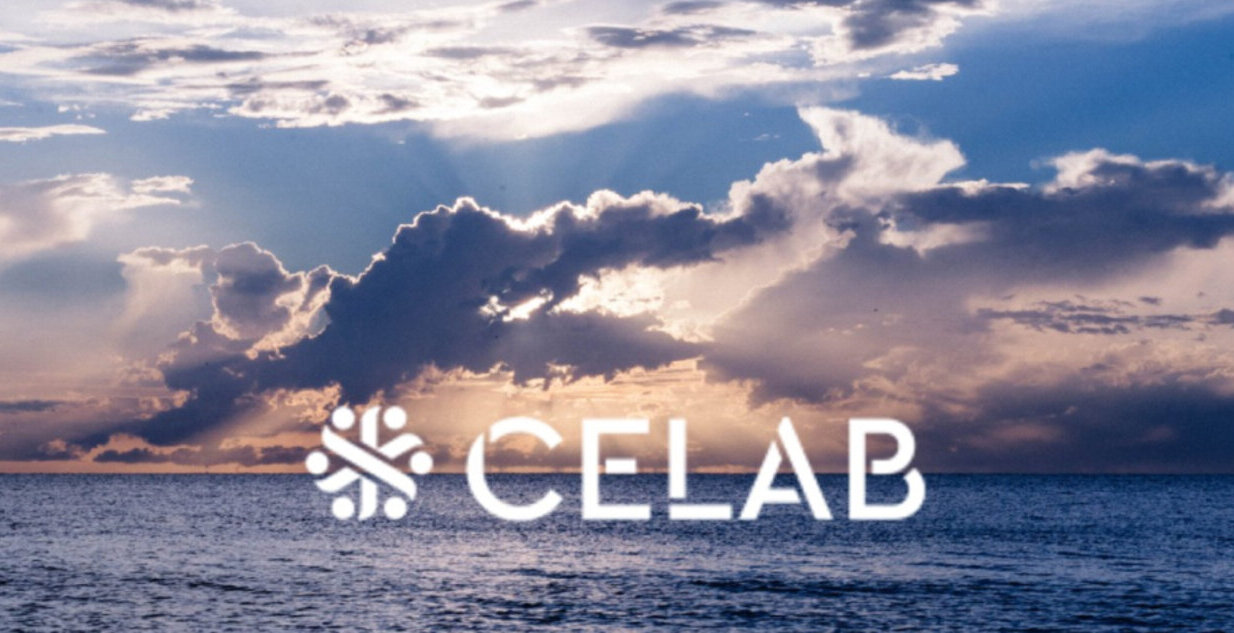At BTC, we are committed to drive solutions that enable our customers to achieve their own sustainability goals and contribute to a viable future. As BASF’s European Sales Organization, we are fully committed to BASF’s sustainability targets and the United Nations’ Sustainable Development Goals. Together with our customers and partners, we aim to create value for society, the environment and the economy.
Sustainability at BTC Europe
We have the ambition to help create a more responsible world with enhanced quality of life for everyone. Chemistry, we believe, has a critical role to play in achieving this goal. Our holistic sustainability approach covers the entire value chain – from our suppliers to our own activities and to our customers – and takes into account environmental, social and governmental impacts (ESG). This approach enables to make targeted decisions and provide increased transparency on our sustainability practices for customers.
The commitment of our customers to create innovations for a sustainable future drives us every day to offer the best conditions for individual solutions. Our connection to BASF’s innovation network differentiates us from our competitors and offers our customers exclusive access into latest research and development activities of the world’s leading chemical company. We keep a close eye on market trends to constantly expand our portfolio with innovative solutions that exceed industry standards.
The Mass Balance approach allows fossil raw materials to be replaced by renewable raw materials in BASF’s production Verbund. The corresponding share of renewable material is attributed to the specific sales product via a certified mass balance approach. For more information, please visit BASF’s Mass Balance website.
The biomass balanced products are independently certified according to the certification schemes for the chemical industry: REDcert2 and ISCCPLUS. Renewable feedstock is not traceable in the BASF product.
Products produced from renewable raw materials with measurable C14 content.
Significantly reduced product carbon footprints* of at least 30% compared to a baseline value.
BASF’s product carbon footprint (PCF) calculations follow the requirements and guidance given by ISO 14067:2018. In a methodology review, TÜV Rheinlandhas certified that the PCF methodology SCOTT developed and used by BASF SE for calculating the PCFs of BASF products is scientifically-based, is in accordance with ISO 14067:2018 and the Together for Sustainability PCF Guideline, and reflects the state of the art (ID-Nr. 0000080389: BASF SE -Certipedia).
Products with specific sustainability-related claims require additional certification. This can include the following certifications, among others: Nordic Swan Ecolabel, RSPO Certified Palm, Blue Angel, EU Ecolabel.
BASF has developed the TripleS (Sustainable Solution Steering) method to assess its portfolio and further develop it in the direction of climate protection, resource efficiency and circular economy. The assessment method categorizes products in pioneer, contributor, standard, monitored or challenged. The assessment includes a check for basic sustainability requirements, e.g. chemical hazards, exposure across the life cycle, anticipated regulatory trends and risks for the company’s reputation. In a second step the sustainability value contribution to one of nine defined sustainability categories is evaluated, among others climate change & energy, resource efficiency and circular economy. Our pioneer and contributor products are the best choice for sustainable-future solutions in their application.
The TripleS methodology functions as a basis for BASF’s Sustainable-future Solutions KPI: By 2030, more than 50% of BASF’s sales relevant to TripleS are to be attributable to Sustainable-Future Solutions.




